
One of the Sri Lanka bombers studied in the UK and Australia before carrying out the bombings, which may have been funded and inspired by Isis, the defence minister has said.
“We believe that one of the suicide bombers studied in the UK and later did his postgraduate [studies] in Australia before coming back and settling in Sri Lanka,” said Ruwan Wijewardene, the state minister for defence, at a media briefing on Wednesday afternoon.
Wijewardene confirmed that many of the bombers had international connections, having lived or studied abroad.
“This group of suicide bombers, most of them are well-educated and come from middle or upper-middle class, so they are financially quite independent and their families are quite stable financially, that is a worrying factor in this,” he said. “Some of them have I think studied in various other countries, they hold degrees, LLMs [law degrees], they’re quite well-educated people.”
On Wednesday, the death toll from the attacks that tore apart several churches and hotels in cities around Sri Lanka has risen to 359, with 500 injured.
Eighteen suspects were arrested overnight, bringing the total number detained to 58, said police spokesman Ruwan Gunasekara, but Sri Lanka’s prime minister, Ranil Wickremesinghe, warned that several suspects armed with explosives were still loose. Up to nine people directly linked to the attack could still be at large, according to sources involved in the investigation.
Wijewardene said the investigation was continuing and authorities expected to make further arrests in the coming days.
“We can firmly say in the next couple of days our security agencies will have the situation of this country firmly under control,” he said.
It came as Sri Lanka’s president called for a massive security overhaul amid warnings that several suspects armed with explosives could still be at large.
In a televised addressed late on Tuesday, president Maithripala Sirisena announced there would be changes to the heads of defence forces “within 24 hours”, saying he would take “stern action” against officials, as he confirmed that reports of threats had not been shared with him.
Wickremesinghe said on Tuesday there were more explosives and militants “out there”, and acknowledged there had been a prior warning about potential attacks. He also revealed there had been a failed attack against a fourth major hotel, and that the Indian embassy was also a possible target.
Investigations into how the attack occurred and what could have been done to prevent it will continue on Wednesday, with a parliamentary session due in the afternoon in which politicians are expected to debate who should be held responsible for the attack.
Sri Lankan authorities have confirmed they were warned about a potential attack two weeks before Easter Sunday, including reports that they had received repeated warnings from Indian intelligence services about a potential suicide attack against churches.

A Sri Lankan security official told the Guardian that warnings had been shared by Indian authorities on 4 April and 9 April. Another warning may have been issued by India on Saturday night, an official told Reuters.
“The security officials who got the intelligence report from a foreign nation did not share it with me. I have decided to take stern action against these officials,” said Sirisena.
Islamic State has claimed responsibility for the Easter bombings through the group’s Amaq news agency and published a statement saying its “fighters” were responsible and listing the names of the suicide bombers, who were also shown in a video swearing allegiance.
Experts said that although Isis had made false claims of responsibility in the past, it appeared likely that its involvement in the suicide bombings of three churches and three luxury hotels on Sunday would be confirmed by ongoing investigations.
Sri Lanka’s defence minister, Ruwan Wijewardene, previously said the attacks were carried out as a reprisal for the attacks on two mosques in Christchurch.
However, New Zealand prime minister Jacinda Ardern said on Wednesday her government had received neither official communication from the Sri Lankan government nor any intelligence regarding the claim. “We have nothing at this point to corroborate what has been said,” Ardern said.
The Guardian understands that investigators have no evidence linking the bombings to the Christchurch attacks and that the minister’s assessment in parliament on Wednesday was based on the fact that foreigners and churches had been targeted.
Funerals of those killed in the blasts will continue in Negombo and Colombo on Wednesday, as a social media ban and state of emergency remain in place across the country.
The Guardian

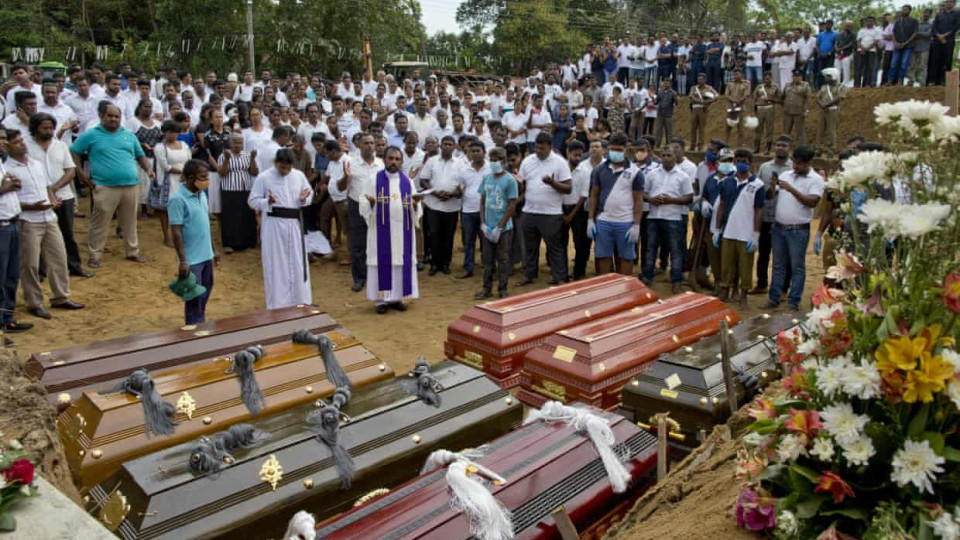
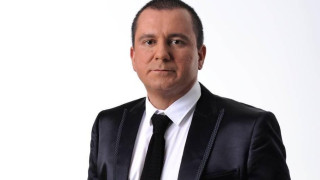
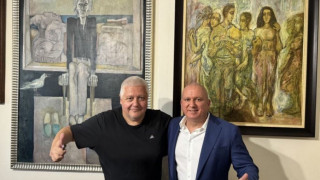
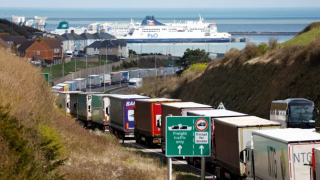

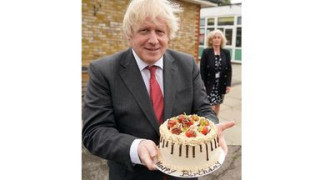


Leave a comment